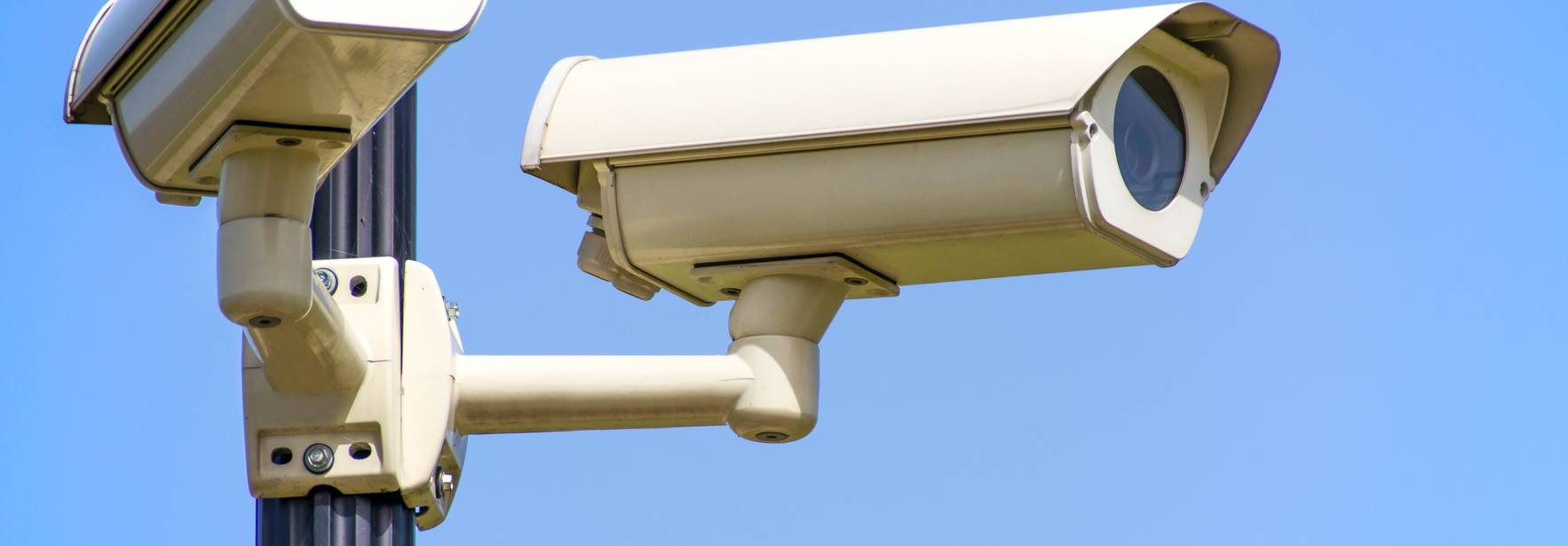We are facing a pandemic with a scope never seen before in modern life, where the main paradox is that, in a highly connected world, connections put us at risk of infection.
We are living in difficult times in practically all sectors, and privacy is no an exception. There are people already proclaiming that life, as we knew it before the pandemic, has ended forever. In this context, the end of the right to privacy is also beginning to be considered.
In practically all existing regulation on the data protection, personal data related to health is considered sensitive data, that is, data specially protected in terms of processing, collection and disclosure. But also, in most laws, restrictions are established on the right to data protection in cases of public interest, for the protection of vital interests or for the correct administration of public services, especially those related to health. These restrictions in most jurisdictions must be supported by law.
We are facing a pandemic with a scope never seen before in modern life, where the main paradox is that, in a highly connected world, connections put us at risk of infection. Technology can be a key ally in the fight against the spread of the virus, and hardly anyone could be against using it to fight the pandemic, on the contrary, this is probably the main weapon in the battle against the virus.
The problem is presented by the clash between the collective interest to avoid infection and the right to privacy of citizens. Existing technologies such as thermal cameras, geolocation of our Smartphone, drones, wearable devices or even the information of our purchases with a credit card, used together with artificial intelligence tools, can be very effective in identifying patients, people who were potentially in contact with them, or verify by the health authorities, compliance with health orders, social distancing or quarantines.
Today, from a western perspective and respectful of human rights, it could perhaps be considered that it is an unacceptable individualism to oppose that governments can use these technologies to protect our own survival, however, it is a risk that, by relativizing the law to privacy in times of crisis, we are opening a door that we cannot close again later.
There is a danger that governments could begin to violate fundamental rights in order to stop the spread of the pandemic, with arbitrary arrests, or with the identification of risk groups that may face monitoring, isolation, discrimination or confinement. Also, the risk that an inadequate treatment of this data could end up spreading it to the community, generating situations of collective persecution or violence against the supposedly infected people. Something similar we have begun to see with people or even authorities who promote public exposure of those who do not respect the orders of confinement.
But perhaps the greatest risk, and what worries the most to privacy advocates and professionals, is what will the authorities and companies do with this gigantic amount of information once the pandemic ends? Will we conceptualize the right to privacy in the same way once this situation ceases or will we have irretrievably regressed on the matter? Whoever doubts that crisis situations are always a good pretext to relativize fundamental rights, please recall what it was like to travel on a plane before 9/11.
